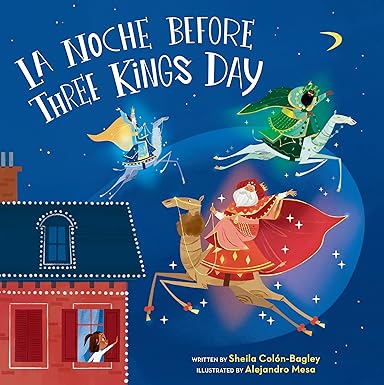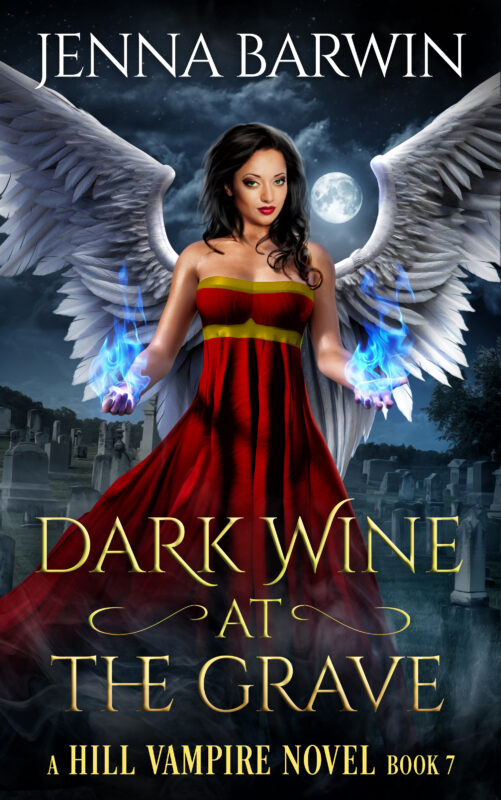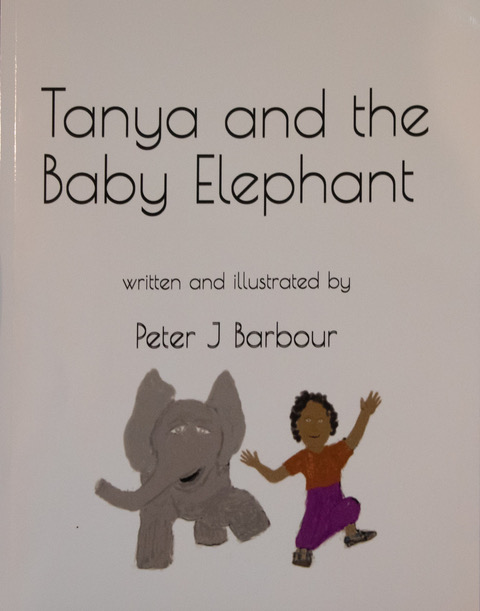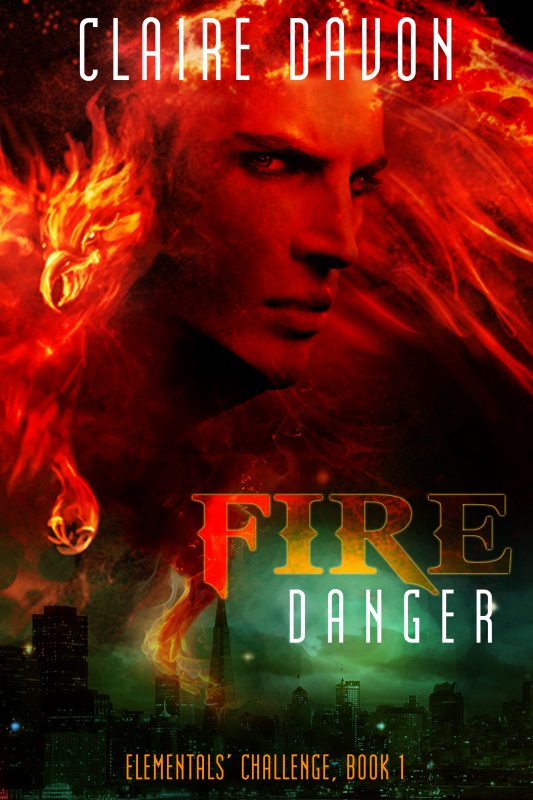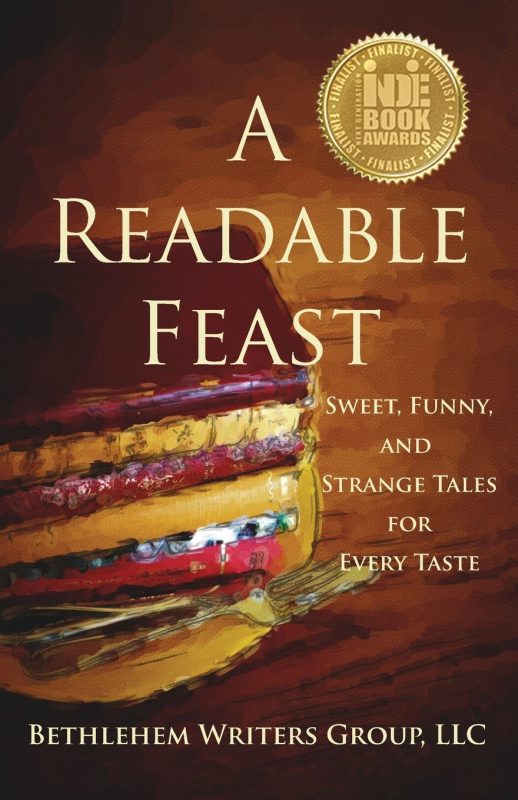Dear Extra Squeeze Team, How Do I Keep My Narrative Voice Consistent?
July 31, 2020 by The Extra Squeeze in category The Extra Squeeze by The Extra Squeeze Team tagged as critique groups, Narattive voice, POV, Revising, The Extra Squeeze Team
Dear Extra Squeeze Team,
I have three MCs in my historical fiction novel; each one in a different country. A critique pointed out that the voice kept changing. How do I keep the voice constant while maintaining the three different cultures?

Rebecca Forster
USA Today Bestselling author of 35 books, including the Witness series and the new Finn O’Brien series.
This sounds like an exciting and intricate project. It also sounds like you need to stop and assess your critique group’s input. Having not seen the work it’s hard to make a judgment regarding your question, but I think the changing voices would be necessary for a project of this scope. So ask yourself if, in this instance, is your author’s instinct appropriate or your critique group’s caution?
I wrote a book called Before Her Eyes that had first person and third person parallel stories. The voices had to be different and I wrote them as such. Readers had no problem with this.
What I do question, however, is the suggestion that you have three main characters. I will accept they are the MC’s of their separate sections of the book. However (again an assumption) they will all come together at some point. There will have to be a conclusion to this book and that means one character will have the star turn.
I would be curious to know if you really have three MCs or one MC and some very, very strong supporting characters. I will refer back to Before Her Eyes. While each track had a main character the climax of the book showcased one. His journey overrode hers. Good luck.

Jenny Jensen
Developmental editor who has worked for twenty plus years with new and established authors of both fiction and non-fiction, traditional and indie.
Whose voice? I’m going to assume you mean the narrative voice—1st PPOV or 3rd PPOV. It would be critical for the voices of the three separate MCs to be different from one another but consistent within each voice. I’m not so sure it would be so for an overall narrative voice unless it is 1st PPOV. That makes the narrator a character as well.
If we are talking 3rd person narrator be clear in your mind about the intent and purpose of the narrator—is it the omniscient 3rd person? Then you have the advantage of a voice that knows everything from the thoughts of a character to where in time all the characters are. Think of it as your writerly inner voice and stick with that for the omniscient narration.
If you are using a 1st person narrator then it is a character with it’s own strengths and weaknesses and agenda. As with any character the author needs to truly know who that character is. Tapping into that understanding will keep the narrative voice consistent through out.

Ever wonder what industry professionals think about the issues that can really impact our careers? Each month The Extra Squeeze features a fresh topic related to books and publishing.
Amazon mover and shaker Rebecca Forster and her handpicked team of book professionals offer frank responses from the POV of each of their specialties — Writing, Editing, PR/Biz Development, and Cover Design.
It’s Just Your Point of View
July 10, 2018 by Tari Jewett in category Charmed Writer by Tari Lynn Jewett tagged as Cynthia Swanson, Edgar Allen Poe, Erika Robuck, Mark Twain, Megan Hart, point of view, POV, The Book Seller, The Tell Tale Heart, Tom Sawyer
I’m the mother of three sons, all voracious readers, and all highly opinionated. Each knows what he expects from a story, so if he’s going to invest time reading a book, it better deliver. So, no surprise that as I rinsed the dishes and arranged them in the dishwasher my youngest son, Joey joined me to talk books.
“Hey Ma, do you prefer books written in first or third person?”
I thought for a moment, which did I prefer? First or third person point of view? “Either as long as it’s well done.”
A lively discussion ensued regarding the pros and cons of first person…he had mostly cons, I was somewhat divided.
I wondered how my writer friends might feel about the topic, so I brought it up at a recent write in.
“It doesn’t work well in fantasy, how do you give the reader a view of the world you’ve built in first person?”
“Don’t like it, it just doesn’t work for me.”
“The reader’s view is too limited in first person.”
The majority landed on the third person POV team.
Interestingly enough I’d never considered POV as controversial until these conversations. Personally, I love good writing, and whether the author delivers in first or in third, I’m happy.
First person done well can be amazing. Think Tom Sawyer, by Mark Twain, or Edgar Allen Poe’s, The Tell Tale Heart. Either story can be told in third person, but first person gives you a more personal glimpse into the main character’s head, and The Tell-Tale Heart gives you a view of the mind of an insane person that you probably couldn’t get in third person.
Some of my current favorite authors do first person brilliantly.
Author, Megan Hart writes in both first and third person and does both well. Her first-person books are seductive, slightly dark and suck the reader in from the very first line. As a reader you know her heroine, and each page gives you a better understanding of the main character, the choices she makes, what she thinks and how she feels.
The Book Seller, by Cynthia Swanson is written in first person. Swanson could have told the story in third, but by writing in first, she kept secrets from the reader, only to be revealed at the perfect moment.
Erika Robuck pens literary fiction in first person. Many of her stories offer a glimpse into the life of a historical figure, but written from the point of view of a fictional character who could have been in their life. By doing this, Robuck is able to present a different perspective. The story is fiction, but with an amazing excellent historical detail. She leaves you wondering…what if?
I write primarily in third person, but occasionally in first. And I read and love both. Tell a good story, make me turn the next page. If the writer puts me into their world and I don’t want to leave, I don’t care what tools she (or he) uses to get me there.
What about you? Do you prefer to read third person or first? And why? Or do you care? Which do you use when you write?
2 0 Read moreAffiliate Links
A Slice of Orange is an affiliate with some of the booksellers listed on this website, including Barnes & Nobel, Books A Million, iBooks, Kobo, and Smashwords. This means A Slice of Orange may earn a small advertising fee from sales made through the links used on this website. There are reminders of these affiliate links on the pages for individual books.
Search A Slice of Orange
Find a Column
Archives
Featured Books
LA NOCHE BEFORE THREE KINGS DAY
La Noche Before Three Kings Day is a perfect holiday tale.
More info →DARK WINE AT THE GRAVE
Henry never thought he’d turn someone vampire. Especially someone who wasn’t his mate…
More info →TANYA AND THE BABY ELEPHANT
Tanya is stuck at home. Can a baby elephant make her less lonely?
More info →A READABLE FEAST: Sweet, Funny, and Strange Tales for Every Taste
Yearning for a tantalizing tale?
More info →Newsletter
Contributing Authors
Search A Slice of Orange
Find a Column
Archives
Authors in the Bookstore
- A. E. Decker
- A. J. Scudiere
- A.J. Sidransky
- Abby Collette
- Alanna Lucus
- Albert Marrin
- Alice Duncan
- Alina K. Field
- Alison Green Myers
- Andi Lawrencovna
- Andrew C Raiford
- Angela Pryce
- Aviva Vaughn
- Barbara Ankrum
- Bethlehem Writers Group, LLC
- Carol L. Wright
- Celeste Barclay
- Christina Alexandra
- Christopher D. Ochs
- Claire Davon
- Claire Naden
- Courtnee Turner Hoyle
- Courtney Annicchiarico
- D. Lieber
- Daniel V. Meier Jr.
- Debra Dixon
- Debra H. Goldstein
- Debra Holland
- Dee Ann Palmer
- Denise M. Colby
- Diane Benefiel
- Diane Sismour
- Dianna Sinovic
- DT Krippene
- E.B. Dawson
- Emilie Dallaire
- Emily Brightwell
- Emily PW Murphy
- Fae Rowen
- Faith L. Justice
- Frances Amati
- Geralyn Corcillo
- Glynnis Campbell
- Greg Jolley
- H. O. Charles
- Jaclyn Roché
- Jacqueline Diamond
- Janet Lynn and Will Zeilinger
- Jaya Mehta
- Jeff Baird
- Jenna Barwin
- Jenne Kern
- Jennifer D. Bokal
- Jennifer Lyon
- Jerome W. McFadden
- Jill Piscitello
- Jina Bacarr
- Jo A. Hiestand
- Jodi Bogert
- Jolina Petersheim
- Jonathan Maberry
- Joy Allyson
- Judy Duarte
- Justin Murphy
- Justine Davis
- Kat Martin
- Kidd Wadsworth
- Kitty Bucholtz
- Kristy Tate
- Larry Deibert
- Larry Hamilton
- Laura Drake
- Laurie Stevens
- Leslie Knowles
- Li-Ying Lundquist
- Linda Carroll-Bradd
- Linda Lappin
- Linda McLaughlin
- Linda O. Johnston
- Lisa Preston
- Lolo Paige
- Loran Holt
- Lynette M. Burrows
- Lyssa Kay Adams
- Madeline Ash
- Margarita Engle
- Marguerite Quantaine
- Marianne H. Donley
- Mary Castillo
- Maureen Klovers
- Megan Haskell
- Melanie Waterbury
- Melisa Rivero
- Melissa Chambers
- Melodie Winawer
- Meriam Wilhelm
- Mikel J. Wilson
- Mindy Neff
- Monica McCabe
- Nancy Brashear
- Neetu Malik
- Nikki Prince
- Once Upon Anthologies
- Paula Gail Benson
- Penny Reid
- Peter Barbour
- Priscilla Oliveras
- R. H. Kohno
- Rachel Hailey
- Ralph Hieb
- Ramcy Diek
- Ransom Stephens
- Rebecca Forster
- Renae Wrich
- Roxy Matthews
- Ryder Hunte Clancy
- Sally Paradysz
- Sheila Colón-Bagley
- Simone de Muñoz
- Sophie Barnes
- Susan Kaye Quinn
- Susan Lynn Meyer
- Susan Squires
- T. D. Fox
- Tara C. Allred
- Tara Lain
- Tari Lynn Jewett
- Terri Osburn
- Tracy Reed
- Vera Jane Cook
- Vicki Crum
- Writing Something Romantic
Affiliate Links
A Slice of Orange is an affiliate with some of the booksellers listed on this website, including Barnes & Nobel, Books A Million, iBooks, Kobo, and Smashwords. This means A Slice of Orange may earn a small advertising fee from sales made through the links used on this website. There are reminders of these affiliate links on the pages for individual books.

